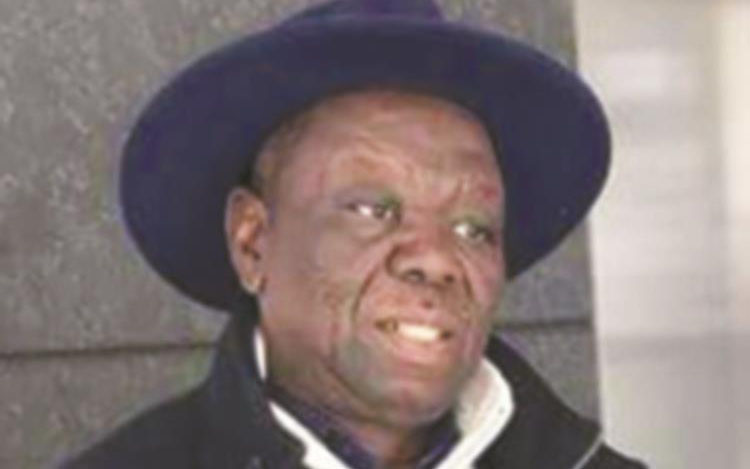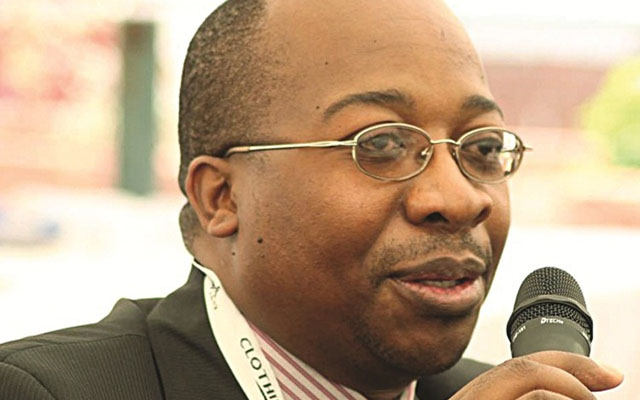Opposition coalition, an owl without horns

Christopher Farai Charamba Political Writer
With the 2018 harmonised polls edging closer with each passing 24 hours, those looking to win over the electorate and occupy the halls of power have found themselves making all sorts of moves to better their chances.
The incumbent governing party Zanu-PF has been mobilising its supporters through Presidential Youth Interface Rallies. Five have been held thus far, with the sixth planned for August 12 in Gwanda, Matabeleland South.
With the youths being a key demographic in the next election, a game changer for whoever can entice them to first register and then actually vote, these rallies are a strategic part of Zanu-PF’s campaign.
Zanu-PF Secretary for Youth Affairs has in a way become a de facto commissar, mobilising tens of thousands of people to come and interface with President Mugabe, the First Secretary of the party and his leadership team.
For the opposition watching the masses gather at these rallies, masses of youth, fear is conceivably setting in. This is perhaps why they have seen it fit to form a coalition in an attempt to unseat Zanu-PF from Government.
On Saturday August 5, 2017, opposition parties gathered in Highfield to announce their new coalition outfit MDC-Alliance. Morgan Tsvangirai’s MDC-T led the new political outfit, with Welshman Ncube’s MDC, Agrippa Mutambara’s Zim People First, Jacob Ngarivhume’s Transform Zimbabwe and Zanu Ndonga signing the alliance document.
People’s Democratic Party (PDP) led by Tendai Biti was in attendance and its principal gave a speech, but Biti did not sign the coalition document.
Other civil society organisations were also in attendance and gave solidarity messages to this political vehicle.
All of the speakers reinforced the idea of uniting to defeat Zanu-PF, a clear indication that they do not have capacity to go up against President Mugabe and the revolutionary party on their own. One could argue that they have pretty much conceded defeat.
They have clearly shown that they do not have the best ideas to convince the Zimbabwean public to vote for their political party and candidate and no one else that they must now eliminate competition before the event and hope that together they can unseat this Government.
But this is just a coalition of losers. If one were to tally the election results from the previous 2013 and collate them to one candidate, then the alliance will still have lost.
The parties that have participated in the by-elections since 2013 have also all lost to Zanu-PF. So one would advise them not to get their hopes up because the landscape is not favourable for them.
While the opposition parties are courting each other and trying to divide pieces of a pie they will never attain, Zanu-PF is out speaking to the people. The revolutionary party has its eyes on figuring out how best they can engage the youth and include them in the leadership of this country.
Cde Kudzi Chipanga has made it clear that save for one, all seats, be it local government or national assembly, are up for grabs in the next election and the youth should participate.
On the other hand, within the new opposition formation, reports are there is already a crisis over who shall get which seats. Tendai Biti’s PDP did not sign the alliance document. It is alleged that his party is disgruntled over the allocation of seats.
The PDP had intended to field candidates in 21 constituencies, but were only allocated four in the alliance. If this is true, then the alliance seems doomed to fail. It is not a solid unit and as time goes on, it will only continue to crumble.
What happens to the popular incumbent who is forced to give up his seat for another party?
The MDC-T is evidently conducting this orchestra of convenience and when the small political parties realise that they are being used, their egos will cause them to pull out.
Conspicuously absent from the alliance formation on Saturday was Joice Mujuru and her political outfit National People’s Party (NPP).
Her party was one of the first to sign the Memorandums of Understanding (MOUs) that foreshadowed coalition formation. But Mujuru had openly expressed the desire to lead the coalition, though it was clear Tsvangirai was never going to let that happen.
The MOUs were being signed at his personal residence and between his party and others, a clear sign of who was in charge.
Failing to get her way, Mujuru has stayed out and while Zimbabwe People First has thrown their weight behind Tsvangirai, they are a poorer twin to Mujuru’s NPP.
The MDC knows that they do not have the rural vote and with Mujuru certain to contest, they will be relegated to the third place in those constituencies as she takes second.
Another noticeable absentee on Saturday was MDC-T Vice President Thokozani Khupe. She was also not at any of the MOU signings leading up to the alliance.
Since the unilateral and constitutionally questionable appointment of Nelson Chamisa and Elias Mudzuri as vice presidents of the MDC-T, Khupe has seemed side-lined in the party.
Her absence on Saturday suggests her disapproval of this coalition, which will likely see her lose out in terms of the vice presidency when the pie is being shared.
The events of Sunday, where a group of youths allegedly linked to Tsvangirai attacked a Khupe-led meeting in Bulawayo, which resulted in her being hospitalised, speaks to the discord within the MDC-T leadership.
The meeting was allegedly held under the auspices of the tripartite provincial executive comprising the leadership from Bulawayo, Matabeleland North and Matabeleland South provinces.
According to reports, the meeting, which was organised by Abednico Bhebhe, sought to discuss issues around Saturday’s launch of an opposition coalition, which Khupe, together with other top MDC-T officials, snubbed protesting Mr Tsvangirai’s alleged dictatorial tendencies.
When videos of the violent incident surfaced on social media, MDC-T deputy treasurer-general Chalton Hwende, all but confirmed that it was MDC-T youth who carried out the violence.
On his Facebook account he posted, “Organising a caucus meeting which is against the spirit of the MDC Constitution is very irresponsible you end up attracting unnecessary problems.
“The youths are angry and impatient and anyone who will stand in the way of change will have no one to blame.” The post was later deleted and MDC-T spokesperson Obert Gutu released a statement where he apportioned blame to CIO.
Tsvangirai’s statement yesterday was similar to that of Gutu. While he condemned violence, he seemed to be under the impression that it was not their own party members who were responsible for it, though they said they would carry out an investigation.
One is under the impression though that what happened was a clear indication of factionalism within the MDC-T.
Khupe and her camp are clearly not happy with the way Tsvangirai is running his office and this coalition. Saturday’s signing ceremony was putting lipstick on the proverbial pig.
This coalition is not stable and it is unlikely to last. Khupe is not happy, Biti is not happy, Mujuru is not happy and very soon a new coalition of those three could emerge.
While all this takes place, Zanu-PF and President Mugabe will continue to meet the people, Command Agriculture will feed the people and when the polls open next year, the result will be much like of the previous election.










Comments